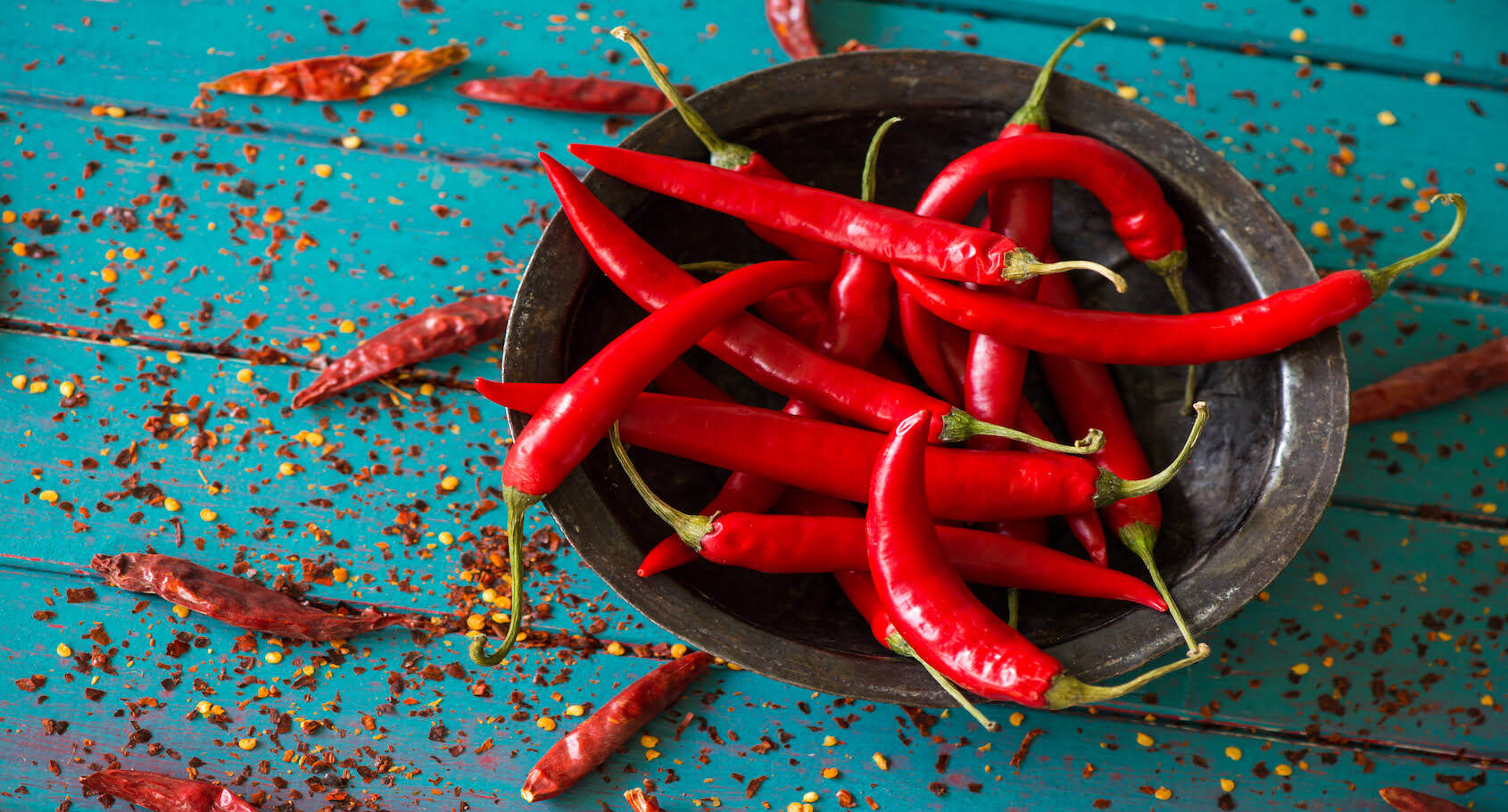

Articles
How To Store Chillies
Modified: January 8, 2024
Looking for articles on how to store chillies? Discover effective methods and tips for preserving your chillies and keeping them fresh for longer.
(Many of the links in this article redirect to a specific reviewed product. Your purchase of these products through affiliate links helps to generate commission for Storables.com, at no extra cost. Learn more)
Introduction
Chillies are a popular ingredient in many dishes, adding heat, flavor, and vibrancy to various cuisines around the world. Whether you’re a fan of the fiery kick they provide or simply enjoy their unique taste, it’s essential to know how to store chillies properly to make the most of their freshness and flavor.
Proper storage not only helps in preserving the taste and texture of chillies but also ensures they stay usable for an extended period. In this article, we will explore the different methods of storing chillies, ranging from fresh storage to drying, freezing, pickling, and using oil or vinegar for preservation. Let’s dive in and learn how to store your favorite chillies like a pro!
Key Takeaways:
- Proper storage of chillies is crucial for maintaining their freshness and flavor. From refrigeration to pickling, various methods offer unique ways to enjoy the heat and taste of chillies in your culinary creations.
- Selecting the right chillies, storing them properly, and experimenting with different preservation methods can enhance your culinary experience and ensure that your chillies remain fresh, flavorful, and ready to spice up your favorite dishes.
Read more: How To Store Green Chillies
Choosing the Right Chillies
When it comes to selecting chillies for storage, it’s important to choose ones that are fresh, vibrant, and free from any signs of spoilage. Here are a few tips to keep in mind:
- Look for chillies that are firm and plump, with a bright color. Avoid ones that feel soft or wrinkled, as these are indicators of poor quality.
- Consider the level of heat you prefer in your dishes. Chillies come in various heat levels, ranging from mild to extremely hot. Choose chillies that align with your preferred level of spiciness.
- If possible, opt for organic or locally grown chillies. These tend to be fresher and have a more intense flavor.
By selecting the right chillies, you set yourself up for a successful storage process and an enjoyable cooking experience.
Fresh Chillies Storage
When it comes to storing fresh chillies, the key is to keep them in a cool and dry environment to prolong their shelf life. Here’s how you can do it:
- Inspect the chillies for any signs of damage or bruising. Remove any spoiled or discolored ones, as they can cause the rest of the batch to spoil quicker.
- Place the fresh chillies in a well-ventilated container or a perforated zip-top bag. This allows for air circulation and helps prevent moisture buildup.
- Store the container or bag in the refrigerator’s crisper drawer, which provides a cool and slightly humid environment. Avoid storing chillies near fruits like apples or bananas, as the ethylene gas they emit can accelerate the ripening process and cause the chillies to spoil faster.
- Alternatively, you can wrap each chilli individually in a paper towel or place them in a paper bag. This helps absorb excess moisture and prevents them from becoming mushy.
It’s important to note that fresh chillies have a limited shelf life. Depending on their freshness when purchased, they can last for up to two weeks in the refrigerator. To ensure maximum flavor and quality, try to use them within a week.
Drying Chillies
Drying chillies is a popular method for preserving them and intensifying their flavor. Dried chillies can be stored for months and used in various recipes, adding a delightful kick to dishes. Here’s how you can dry chillies:
- Start by washing the chillies and patting them dry with a clean kitchen towel.
- Decide whether you want to dry the chillies whole or cut them into smaller pieces. While drying them whole is more traditional, cutting them into smaller pieces can speed up the process.
- There are multiple methods for drying chillies:
- Hang drying: String the chillies together using a needle and thread, leaving space between each chilli. Hang the string in a well-ventilated area away from direct sunlight. This method can take several weeks, but it allows for even drying.
- Oven drying: Preheat your oven to a low temperature, around 150°F (65°C). Place the chillies on a baking sheet lined with parchment paper and let them dry in the oven for 4-6 hours, or until they are dry and brittle.
- Dehydrator: If you have a food dehydrator, follow the manufacturer’s instructions for drying chillies. Set the dehydrator to the appropriate temperature (around 125°F or 52°C) and let the chillies dry for several hours.
- Once the chillies are completely dry, remove them from the drying method and let them cool down.
- Store the dried chillies in an airtight container, such as a glass jar or a vacuum-sealed bag, in a cool and dark place. This will help maintain their flavor and quality.
Dried chillies can be ground into a powder or used whole in recipes, providing a concentrated heat and flavor that can enhance various dishes, from soups and stews to sauces and marinades.
Freezing Chillies
Freezing is another great method for storing chillies, as it helps preserve their flavor and texture. Here’s how you can freeze chillies:
- Wash the chillies and pat them dry with a clean kitchen towel.
- If you prefer to use whole chillies, place them on a baking sheet lined with parchment paper, making sure they don’t touch each other. For chopped or sliced chillies, spread them evenly on the baking sheet.
- Flash freeze the chillies by placing the baking sheet in the freezer for a few hours, or until the chillies are firm and partially frozen. This step prevents them from sticking together when stored in a container.
- Transfer the partially frozen chillies into airtight freezer bags or containers. Squeeze out as much air as possible before sealing.
- Label the bags or containers with the date and contents and return them to the freezer.
Frozen chillies can be used directly in cooked dishes, such as stir-fries, curries, and sauces. They retain their flavor and heat, making it convenient to incorporate them into your recipes. However, note that freezing may slightly change the texture of the chillies, resulting in a softer or limp consistency. Therefore, it’s best to use them in cooked applications rather than raw dishes or garnishes.
When stored properly in the freezer, chillies can last for up to six months. However, for the best flavor, try to use them within three to four months.
Store chillies in a paper bag in the refrigerator to help them stay fresh longer. The paper bag will absorb any excess moisture and prevent the chillies from spoiling.
Read more: How To Store Dried Chillies
Preserving Chillies in Oil
Preserving chillies in oil is a fantastic way to add flavor and spice to your dishes while also extending their shelf life. Here’s how you can preserve chillies in oil:
- Start by washing the chillies and patting them dry with a clean kitchen towel.
- Decide whether you want to keep the chillies whole or chop them into smaller pieces. Both options work well, so it’s a matter of personal preference.
- Using a sterilized jar or container, layer the chillies in the container, alternating with salt. The salt helps draw out the moisture from the chillies and acts as a natural preservative.
- Pour oil over the chillies, ensuring they are fully submerged. Olive oil or vegetable oil can be used for this method.
- Seal the jar or container tightly, making sure it is airtight.
- Store the jar in a cool and dark place, away from direct sunlight. This will help preserve the flavor and quality of the chillies.
Preserved chillies in oil can be used in various dishes, such as pasta, pizza, salads, marinades, and more. They infuse the oil with their spicy flavor, making it a versatile ingredient for cooking. It’s important to note that the oil may solidify in the refrigerator, so remember to bring it to room temperature before using.
When stored properly, chillies preserved in oil can last for several months. However, always check for any signs of spoilage, such as mold or off-putting smells, before using them.
Using Pickling Methods
Another excellent way to preserve chillies is by pickling them. Pickled chillies not only retain their heat but also develop a tangy and slightly sour flavor that complements many dishes. Here’s how you can use pickling methods to preserve your chillies:
- Start by washing the chillies thoroughly and removing the stems.
- Decide whether you want to pickle the chillies whole or slice them into rings. Both options work well, depending on your preference and the desired presentation.
- Prepare a pickling brine by combining water, vinegar, salt, and your choice of flavorings such as garlic, mustard seeds, or peppercorns. Bring the brine to a boil in a saucepan, then let it cool completely.
- Place the chillies in sterilized jars, leaving some room at the top.
- Pour the cooled pickling brine over the chillies, ensuring they are fully submerged.
- Seal the jars tightly and store them in the refrigerator for at least one week to allow the flavors to develop. The longer you let them pickle, the more intense the flavors will be.
Pickled chillies can be used in a variety of ways. They make a delicious addition to sandwiches, burgers, tacos, salads, and even charcuterie boards. The tangy and spicy kick of pickled chillies can elevate the flavors of many dishes.
It’s important to note that pickled chillies should be stored in the refrigerator and consumed within a few months for the best quality. Always check for any signs of spoilage, such as mold or off-putting smells, before using them.
Storing Chillies in Vinegar
Storing chillies in vinegar is another popular method for preserving their flavor and heat while adding a tangy twist. Vinegar acts as a natural preservative and helps infuse the chillies with its own unique taste. Here’s how you can store chillies in vinegar:
- Start by washing the chillies thoroughly and removing the stems.
- Decide whether you want to store the chillies whole or slice them into rings. Both options work well, depending on your preference and the desired presentation.
- Place the chillies in a clean and sterilized glass jar, leaving some space at the top.
- Heat vinegar in a saucepan until it reaches a gentle simmer.
- Pour the hot vinegar over the chillies in the jar, ensuring they are fully submerged.
- Seal the jar tightly with a lid and let it cool to room temperature.
- Store the jar in the refrigerator for at least one week to allow the flavors to meld and develop.
Stored chillies in vinegar can be used in a variety of dishes. They add a tangy and slightly acidic flavor along with the heat of the chillies. The vibrant color of the chillies preserved in vinegar also makes for an appealing garnish to salads, tacos, sandwiches, and more.
It’s essential to store the jar in the refrigerator to maintain the quality and prevent any spoilage. The chillies stored in vinegar can last for several months, but always check for any signs of mold or off-putting smells before using them.
Tips for Proper Chillies Storage
To ensure optimal storage and preserve the freshness and flavor of your chillies, here are some helpful tips to keep in mind:
- Avoid washing chillies before storage. Moisture can accelerate spoilage, so wait to wash them until you’re ready to use them.
- Inspect your chillies regularly for any signs of spoilage, such as mold, soft spots, or off-putting odors. Remove any spoiled chillies to prevent them from affecting the rest of the batch.
- If you notice any condensation in the storage container, pat the chillies dry before returning them to the container to prevent moisture buildup.
- Consider investing in airtight containers or vacuum-sealed bags for long-term storage. This helps keep the chillies fresh and protects them from other odors in the refrigerator or freezer.
- If possible, store different varieties of chillies separately. Some varieties may have a stronger aroma that can transfer to other types of chillies and alter their flavors.
- If you have an excess of fresh chillies, consider preserving them using various methods like drying, freezing, pickling, or storing in oil or vinegar. This allows you to enjoy the flavor of chillies even when they are out of season.
- Keep track of the storage time of your chillies. While they may still be safe to consume after the recommended time, their flavor and quality may deteriorate.
- Experiment with different storage methods and flavors to discover your favorite ways of preserving and using chillies. This adds a personal touch to your culinary creations.
By following these tips, you can prolong the shelf life of your chillies and ensure that they remain fresh, flavorful, and ready to enhance your dishes with their heat and taste.
Read more: How To Store Frogg Togg Chilly Pad
Conclusion
Knowing how to properly store chillies is essential for maximizing their freshness, flavor, and shelf life. Whether you choose to store them fresh, dry them, freeze them, preserve them in oil or vinegar, or use pickling methods, each technique offers a unique way to enjoy the heat and taste of chillies in your culinary creations.
When selecting chillies, opt for fresh ones that are firm, plump, and free from any signs of spoilage. Consider the level of heat you prefer and choose the right variety accordingly. Organic or locally grown chillies can provide a fresher and more vibrant flavor experience.
Storing fresh chillies in a cool and dry environment, such as the refrigerator, can help extend their shelf life. Drying chillies is a fantastic way to preserve them and intensify their flavor. Freezing chillies allows for long-term storage while maintaining their heat. Preserving chillies in oil or vinegar adds additional flavors and tanginess to your dishes, while pickling delivers a tangy and slightly sour taste.
Remember to follow proper storage techniques, use airtight containers, and check for spoilage regularly. Use the stored chillies within their recommended timeframes to maintain their flavor and quality.
With these methods and tips in mind, you can confidently store and preserve your chillies, ensuring they remain fresh and ready to spice up your favorite recipes whenever you need them.
Frequently Asked Questions about How To Store Chillies
Was this page helpful?
At Storables.com, we guarantee accurate and reliable information. Our content, validated by Expert Board Contributors, is crafted following stringent Editorial Policies. We're committed to providing you with well-researched, expert-backed insights for all your informational needs.
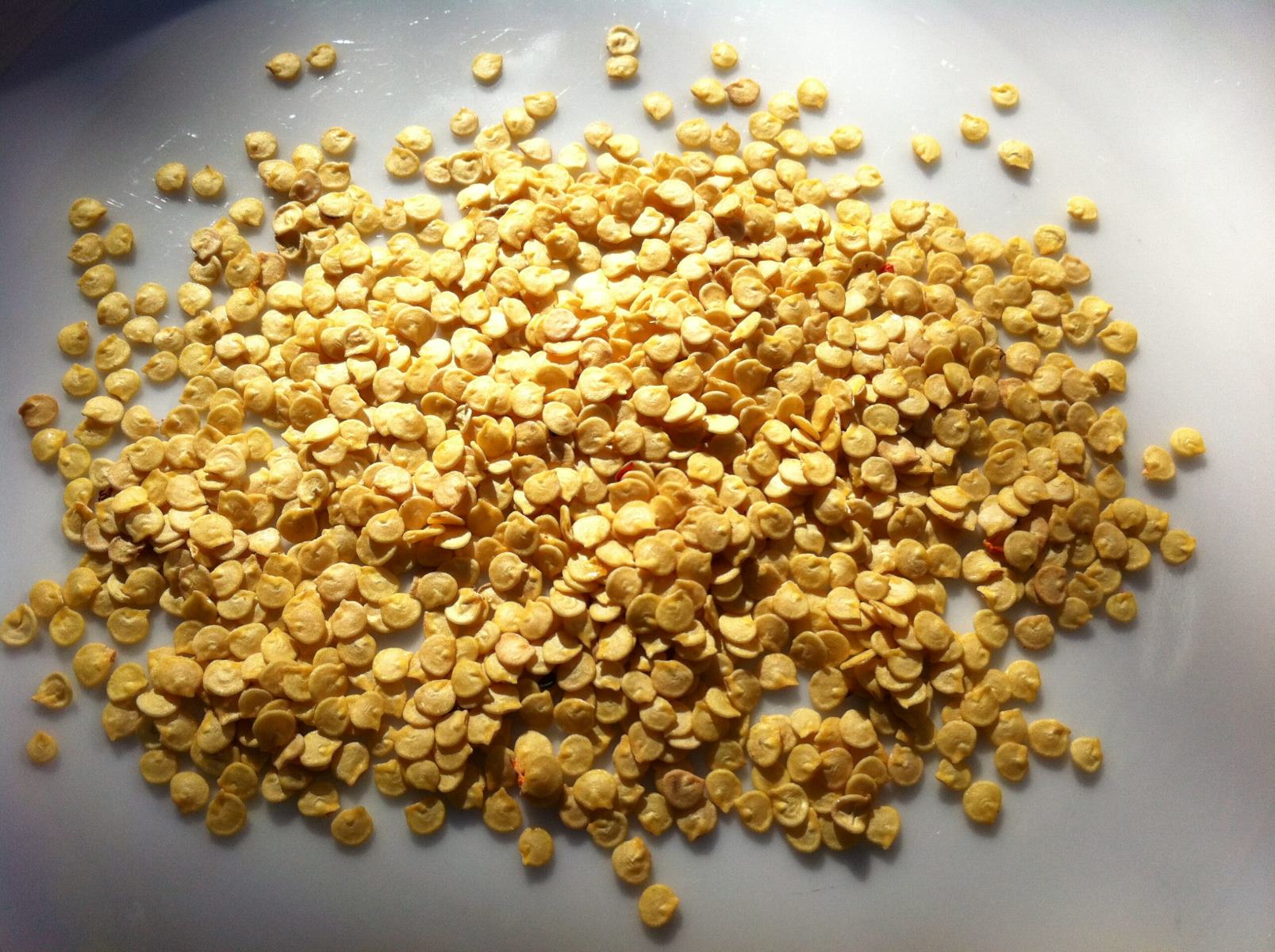
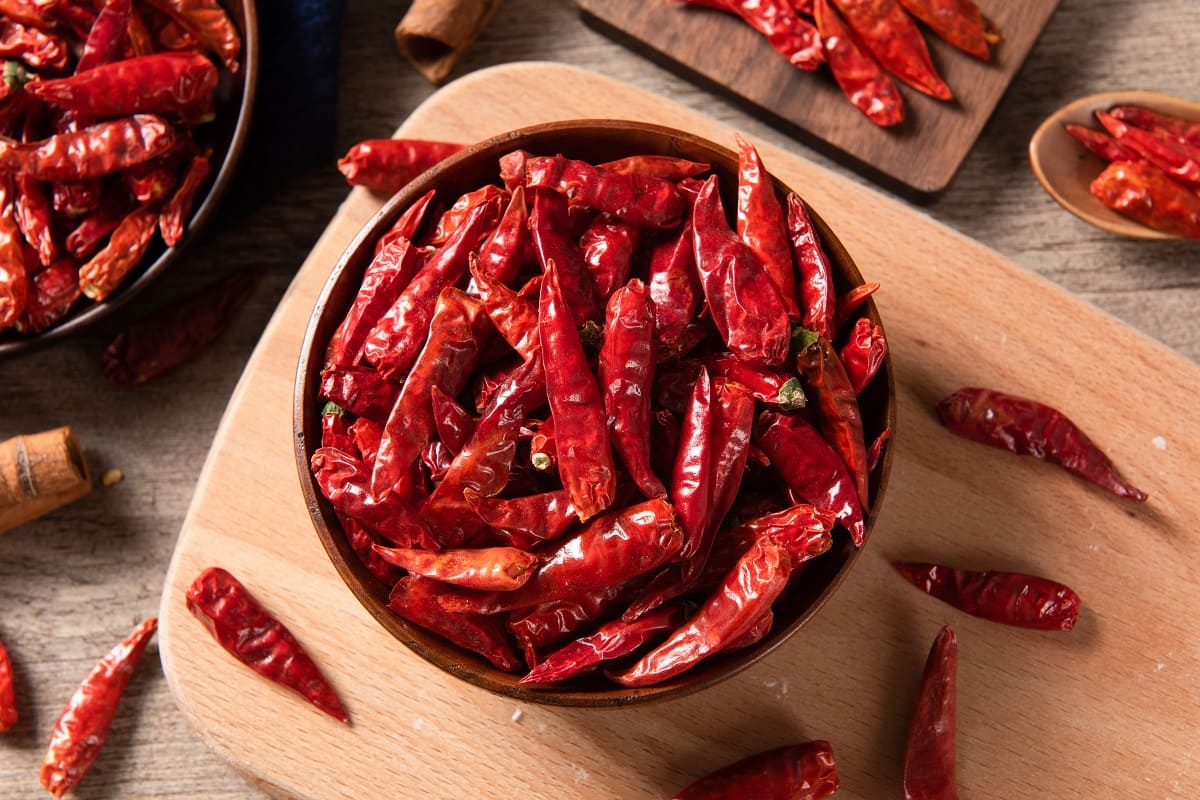
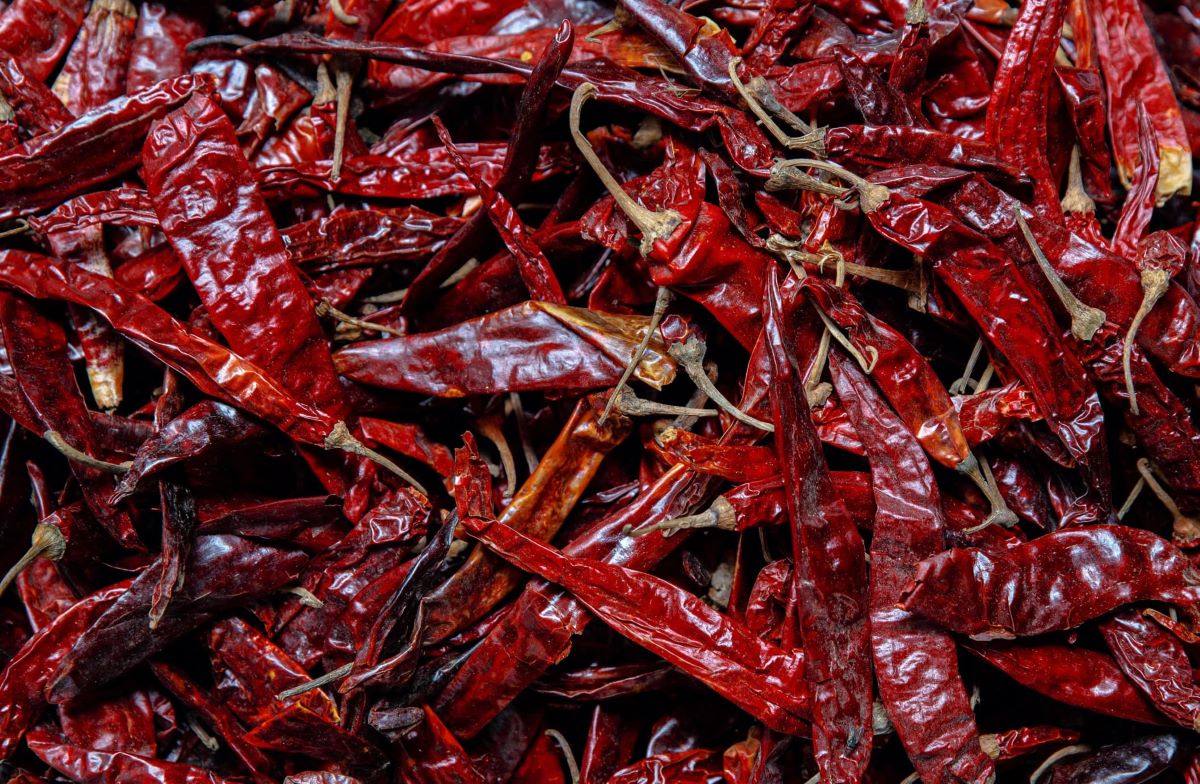
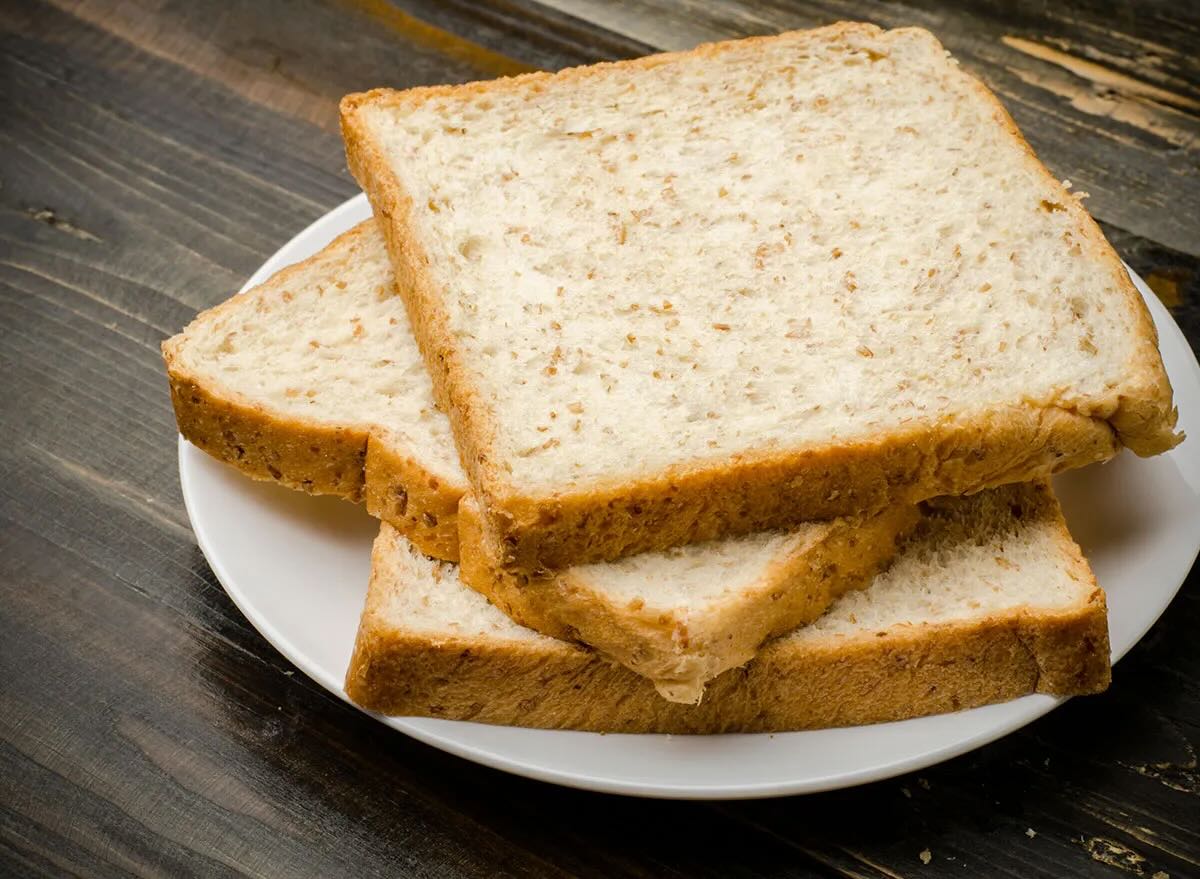
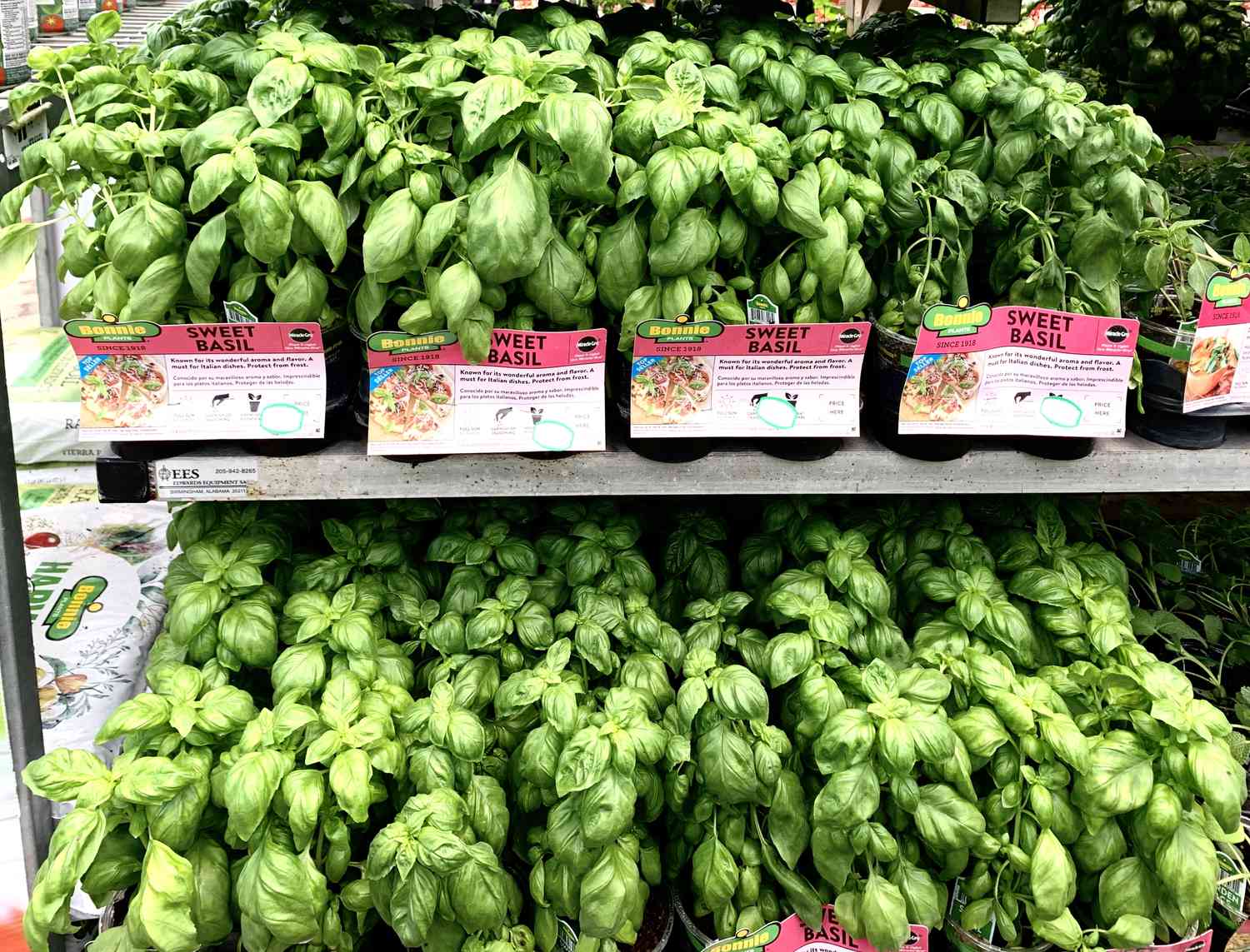
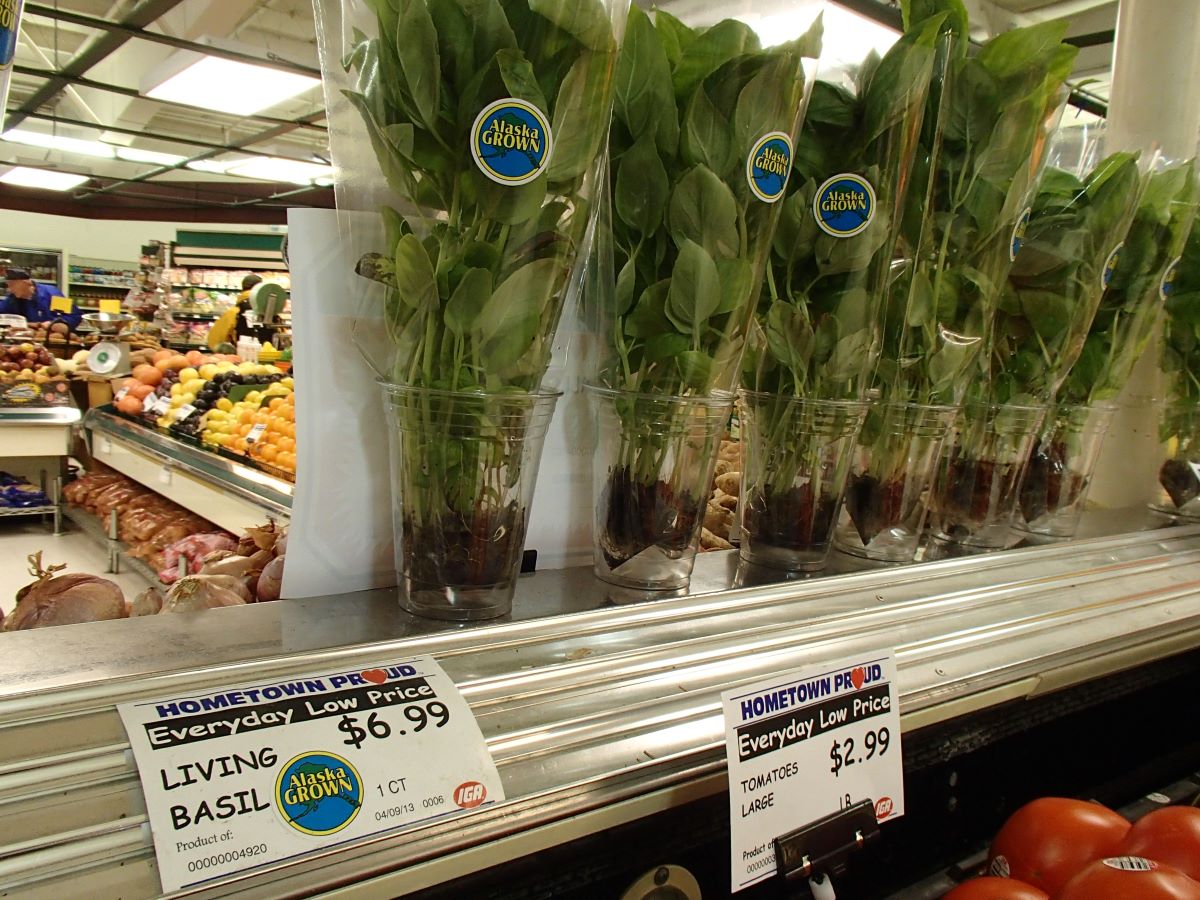

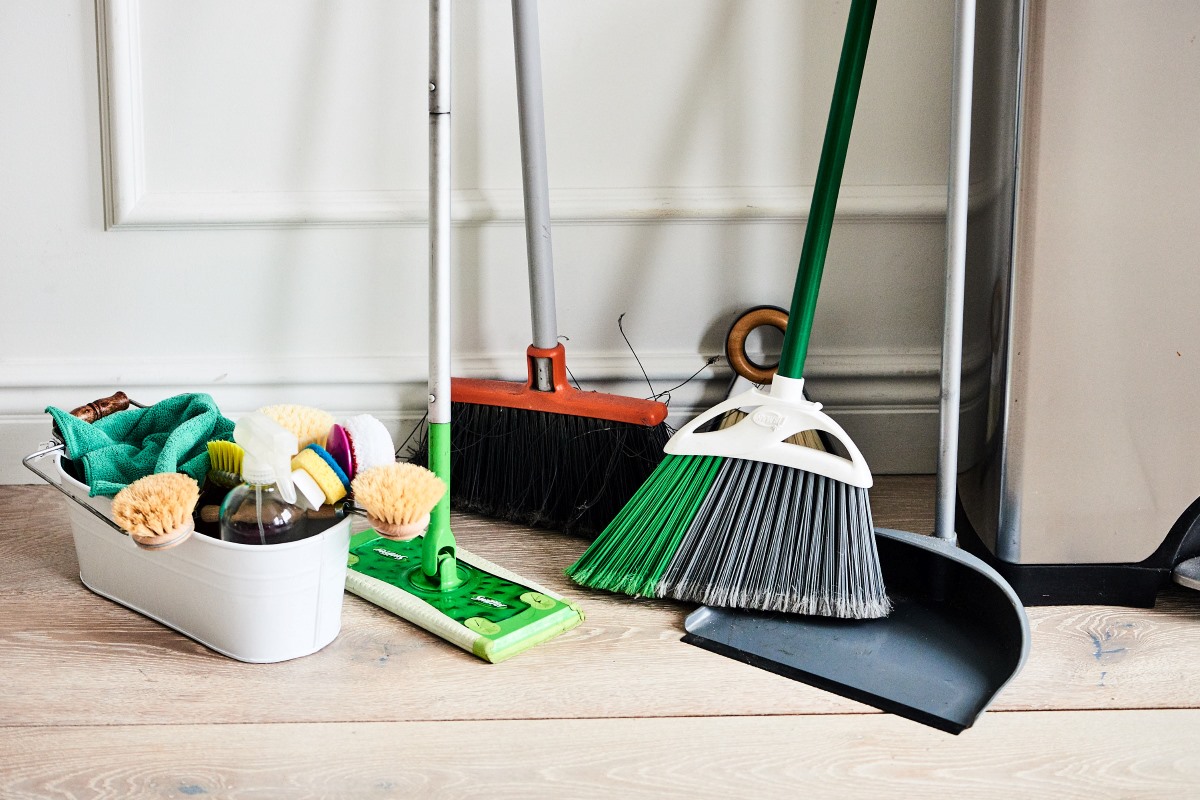
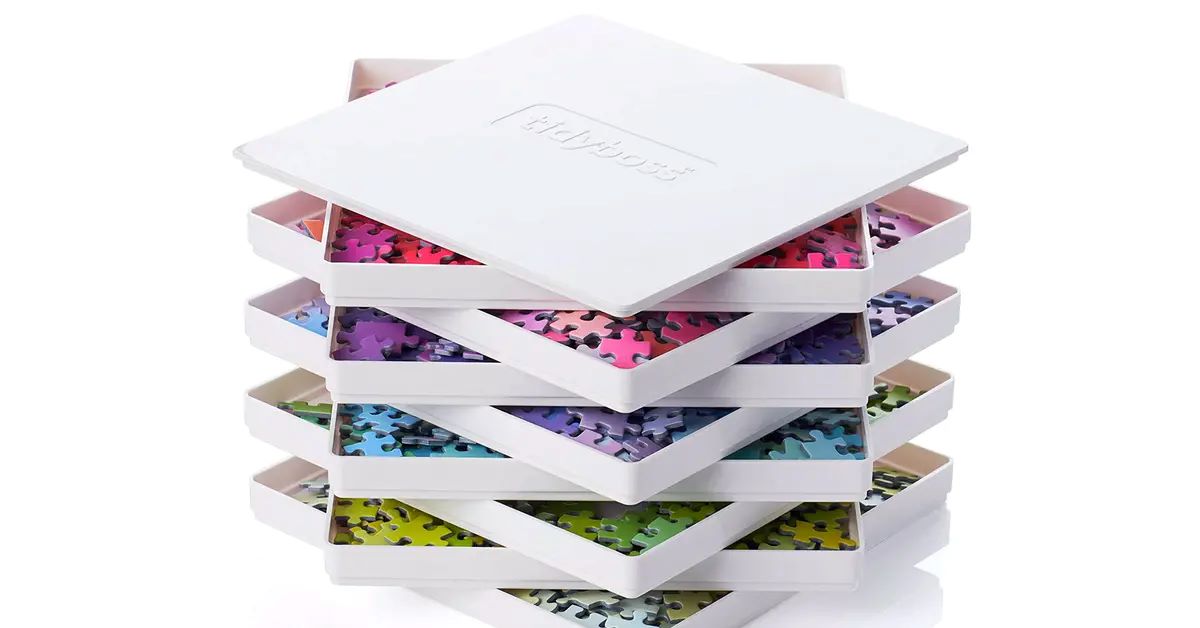


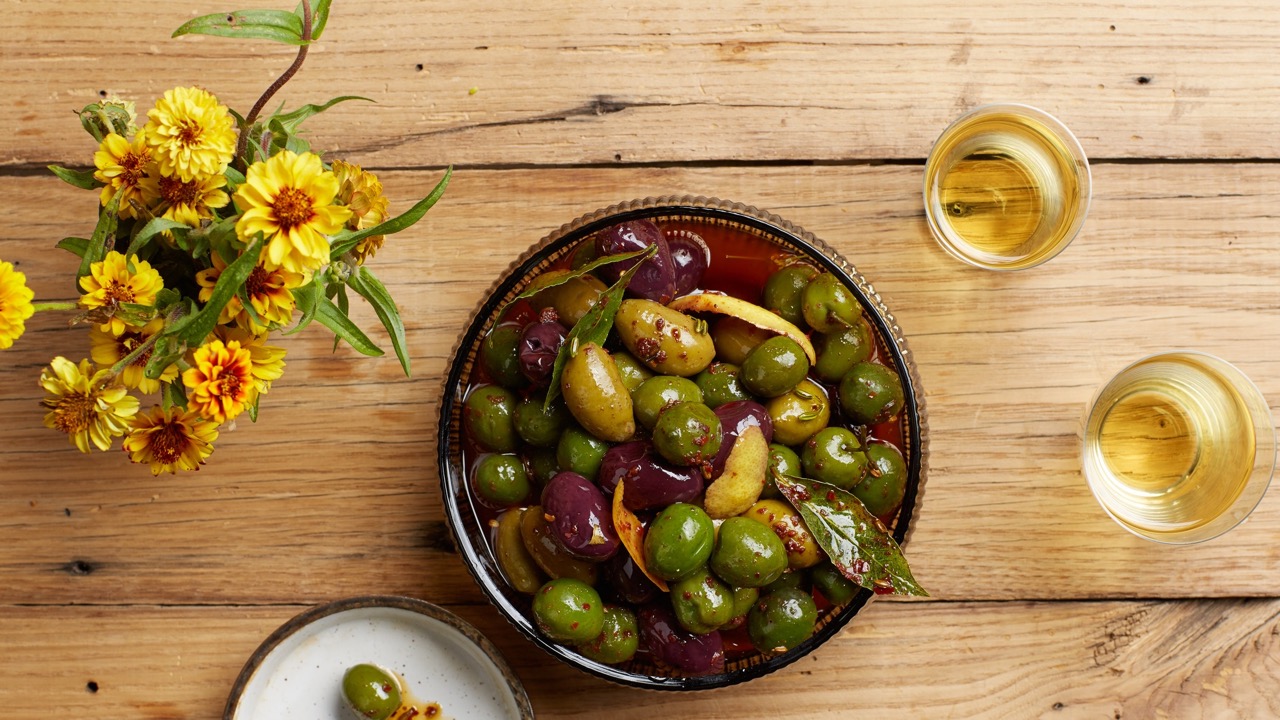
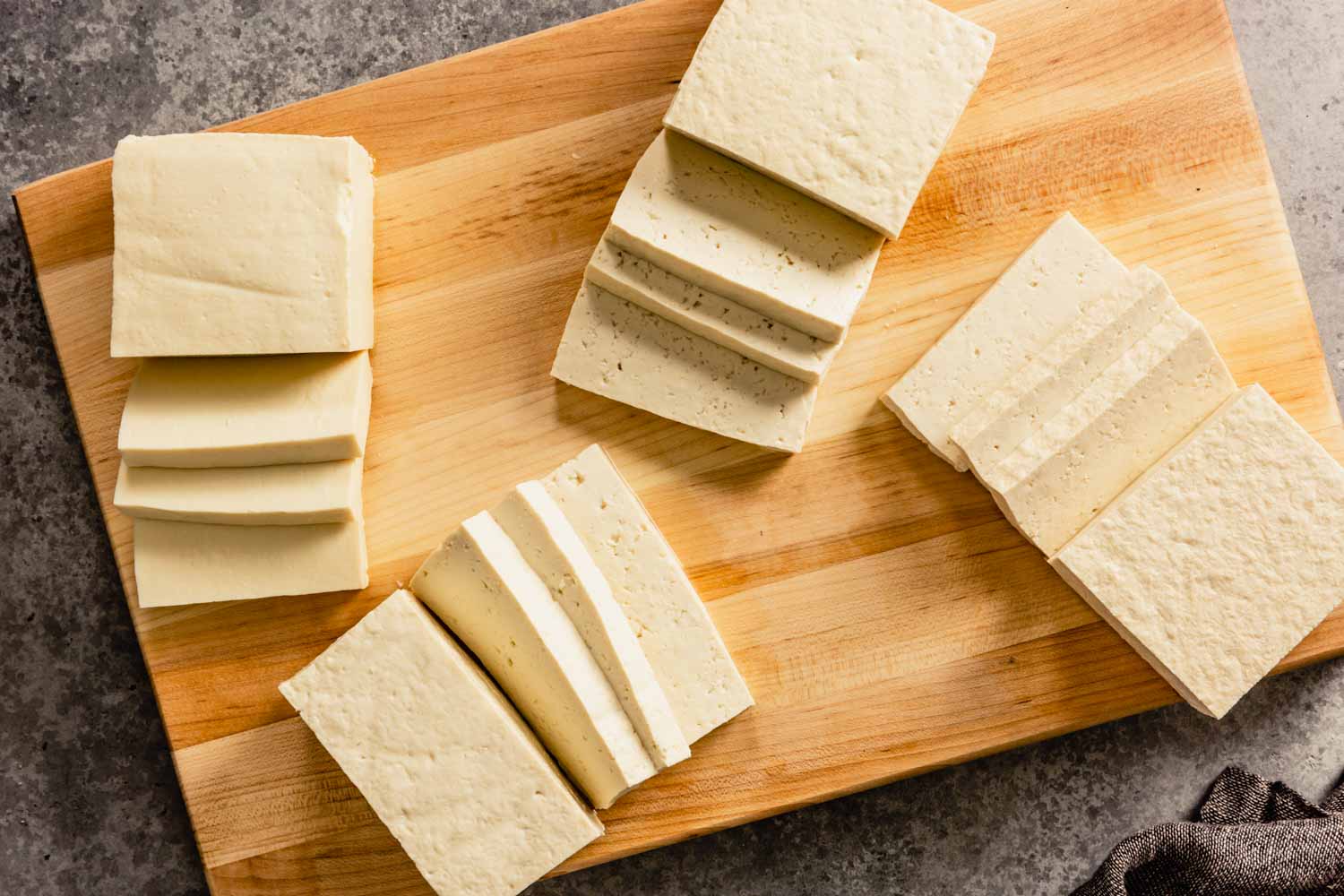

0 thoughts on “How To Store Chillies”